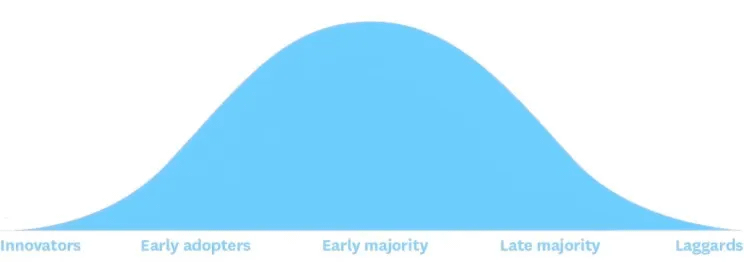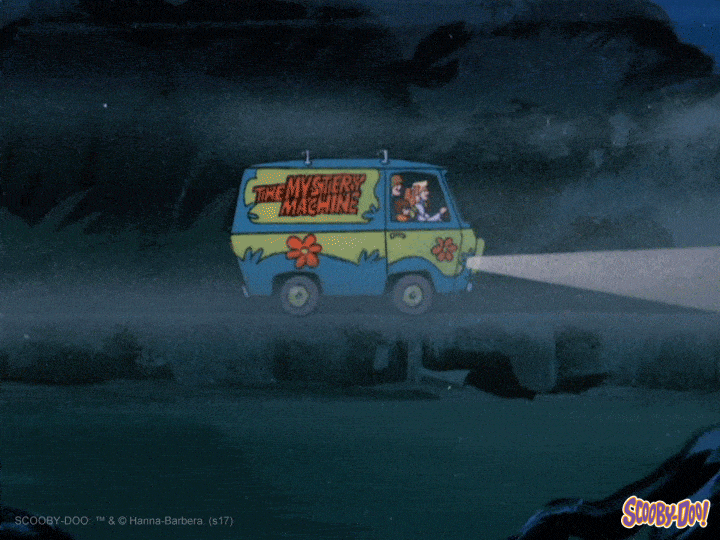The Santa Rally and the Ghosts of Bethlehem: Why Record Profits Can Signal Demise
“A peak always conceals a treacherous valley.” — Shigetaka Komori, former CEO of Fujifilm Financial markets, like organisations, follow rhythms. History rarely repeats itself cleanly, but it often rhymes. One of those quieter rhymes appears every December and is known as the Santa Claus Rally. First described by Yale Hirsch in The Stock Trader’s Almanac in 1972, it refers […]
The Santa Rally and the Ghosts of Bethlehem: Why Record Profits Can Signal Demise Read More »








